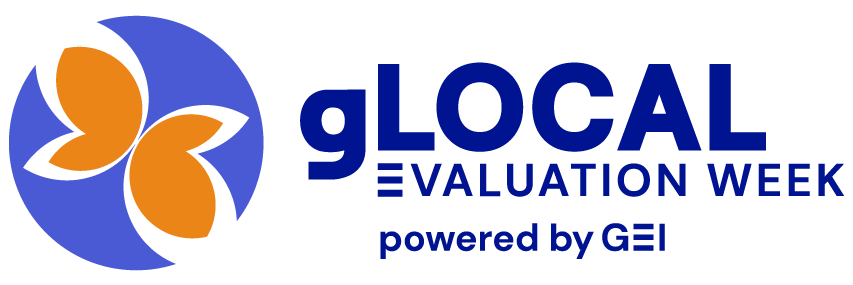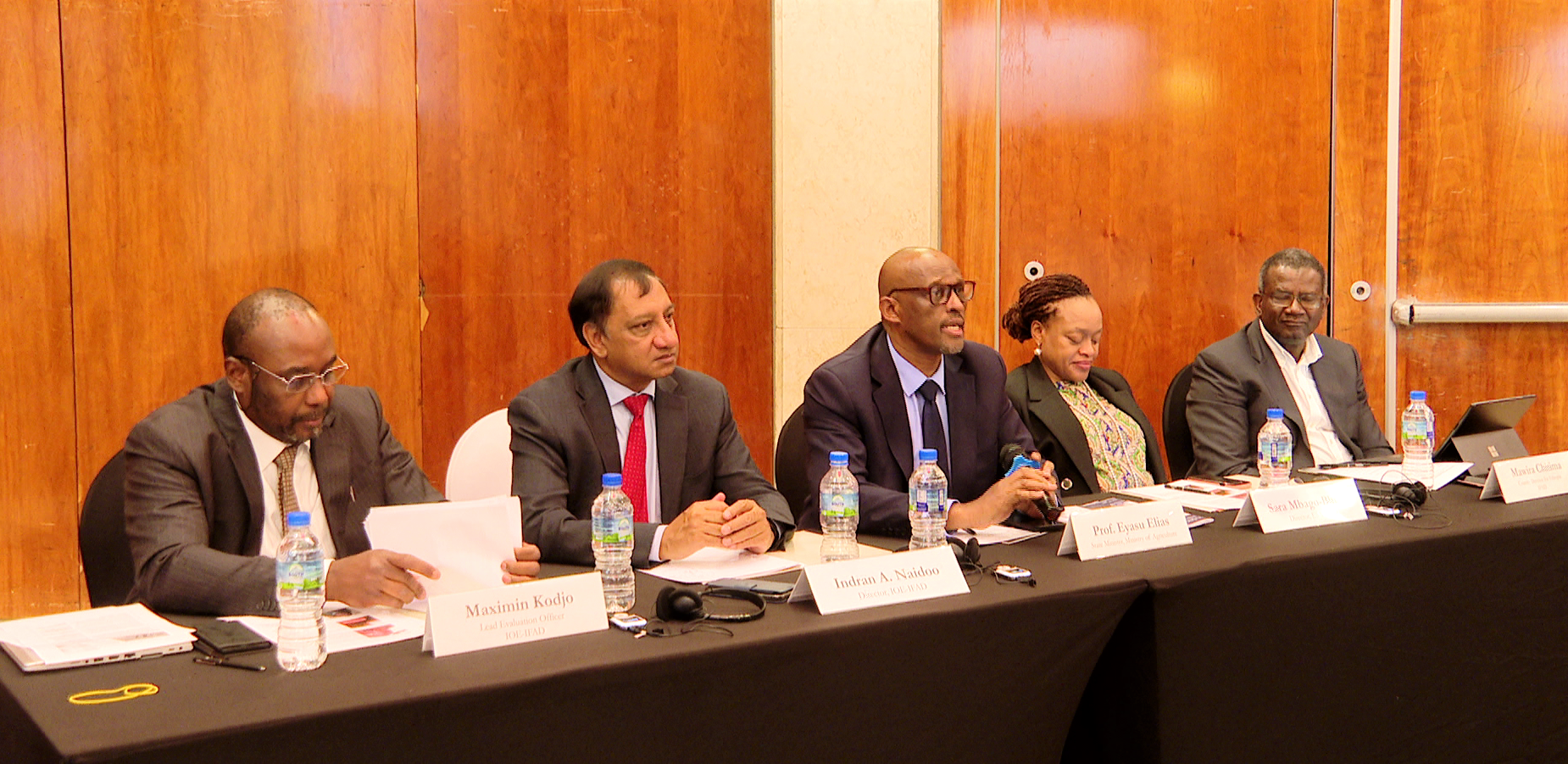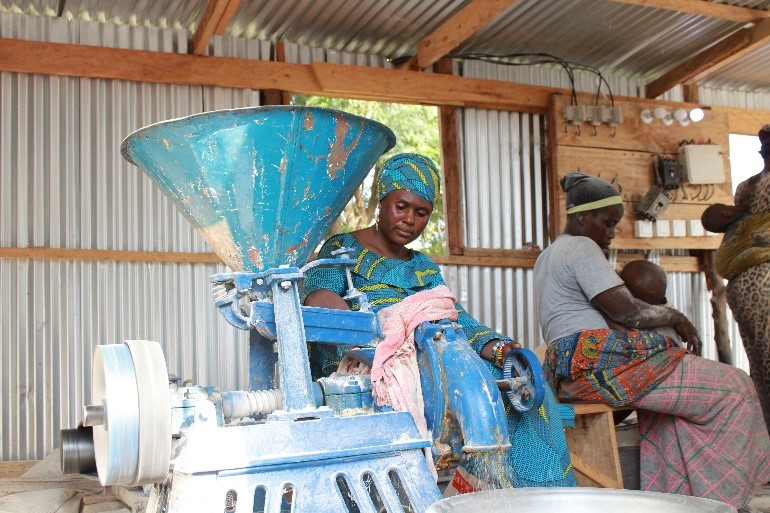Project Cluster Evaluations discussed at gLOCAL 2023 - IOE
Rome, 31 May 2023 – Multiple lessons can be drawn from the implementation of Project Cluster Evaluations (PCE). These include the possibility to learn across projects – something very much appreciated by evaluation stakeholders. Mikal Khan, Evaluation Officer at the Independent Office of Evaluation of IFAD (IOE) discussed this and other benefits of PCEs during a learning event organized under the auspices of the 2023 edition of the gLOCAL Evaluation Week, on 31 May 2023.
The Evaluation Week took place from 29 May to 2 June 2023, under the overarching theme: ‘The Future of M&E: Culture, Context, and Collaboration’. Titled ‘Project Cluster Evaluations – sharing lessons from AfDB, FAO IFAD and UNODC’, the PCE learning event shared lessons on what defines a PCE in the evaluation offices of four multilateral organizations, and what lessons can be drawn so far from this type of product.
Evaluation experts from the African Development Bank, the Food and Agriculture Organization of the United Nations (FAO), and the United Nations Office on Drugs and Crime (UNODC) joined Mr Khan for the session, which was moderated by Renata Mirulla, facilitator of the EvalForward Community of Practice. Event participants addressed four main issues during the event, namely what defines a cluster evaluation, the methodologies that can be used for cluster evaluations, the lessons that can be drawn from PCEs, and the future of PCEs.
PCEs are a type of evaluation product used by some evaluation offices, with different definitions and modalities. In general, they are evaluations which cluster multiple projects and operations which have some commonalities, and evaluate them as a whole. IOE introduced PCEs in 2021 as standalone deliverable, not aligned to specific thematic or country evaluations, with a view to further diversify its product mix and better tailor it to the learning needs of IFAD. The Office’s first PCE on rural enterprise development is forthcoming, and will be followed by a second PCE on rural finance in East and Southern Africa.
Speaking at the event, Mr Khan explained that PCEs are an efficient way for IOE to increase evaluation coverage of IFAD projects, due to costs staving from covering multiple projects together. From a methodological perspective, PCEs are a combination of methods from project evaluation and evaluation synthesis. For example, reports include several tables comparing project aspects, like their design and results while also assessing projects according to all evaluation criteria. PCEs go through the same quality assurance process as other IOE evaluations and are described in IOE’s Evaluation Manual.
PCEs also have their challenges, including those related to the synthesis and comparability of findings, and more complex logistical and administrative arrangements.
GLOCAL supports the exchange of M&E knowledge and experiences to promote evaluation capacity development, support evidence-based decision making, and strengthen development outcomes at a local and global level. gLOCAL is convened by the Global Evaluation Initiative (GEI), its partners, and co-conveners.
For further information, please contact Alexander Voccia [here]
CONTACTS


